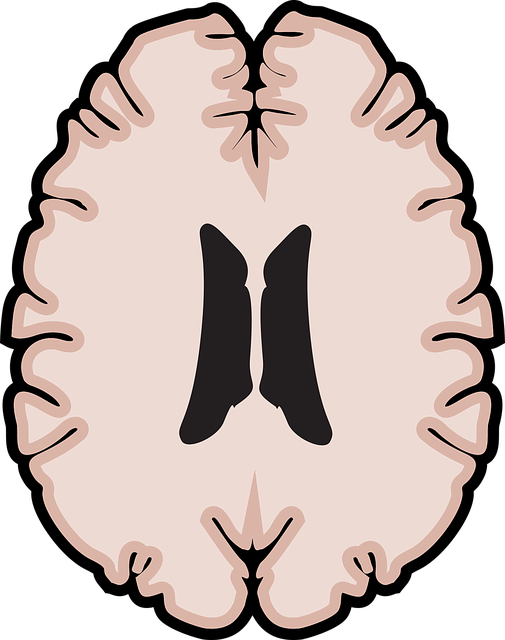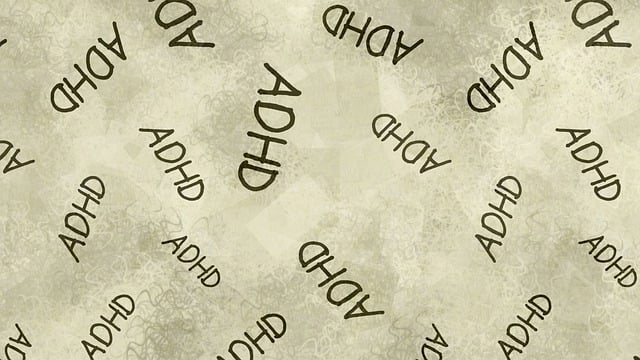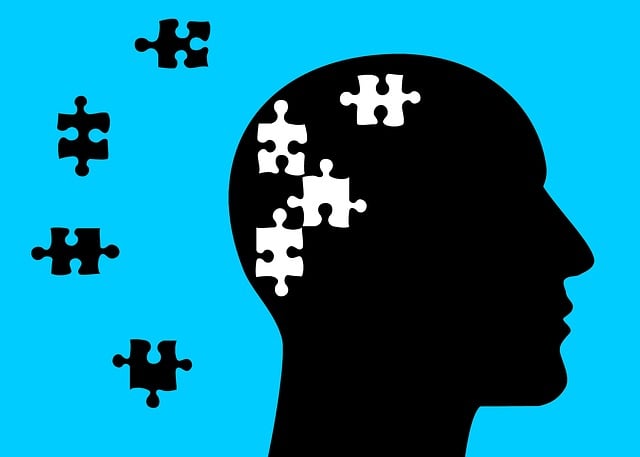The text discusses the unique challenges in therapy for young adults, driven by developmental factors, life events, and mental health disorders. Effective treatment requires family counseling, open communication, confidence-building, anxiety relief, and burnout prevention strategies for therapists. Key methods include structured risk assessments, creative outlets like podcasts, evidence-based interventions, self-awareness exercises, and regular training to mitigate risks while fostering mental well-being in young adults through therapy for young adults and family counseling.
Mental health professionals face unique challenges when working with young adults, including navigating sensitive family dynamics in therapy. This article delves into the intricate risk assessment process, focusing on specific areas like therapy for young adults and family counseling. We explore assessment tools, strategies, and best practices to mitigate risks, ensuring safe and effective treatment. Understanding these intricacies is crucial for professionals aiming to foster positive mental health outcomes for this vulnerable population.
- Understanding the Unique Risks in Therapy for Young Adults
- Family Counseling: Navigating Sensitive Dynamics and Potential Hazards
- Assessment Tools and Strategies for Mental Health Professionals
- Mitigating Risks: Best Practices for Safe and Effective Treatment
Understanding the Unique Risks in Therapy for Young Adults

The therapeutic landscape for young adults presents a unique set of challenges and risks distinct from other age groups. This demographic often faces heightened vulnerability due to various factors, including developmental stages, transitional life events, and the increasing prevalence of mental health disorders among adolescents. Mental health professionals engaging in therapy for young adults must be adept at navigating these complexities.
Family counseling is a critical component of addressing young adults’ psychological well-being. As such, therapists need to possess skills to facilitate open communication within families while maintaining confidentiality. Moreover, they should employ confidence-boosting techniques and anxiety relief strategies to create a safe space for clients, reducing the risk of burnout prevention strategies for healthcare providers. Effective therapy for young adults demands a nuanced approach that considers their unique needs and family dynamics.
Family Counseling: Navigating Sensitive Dynamics and Potential Hazards

Family counseling sessions present a unique set of challenges for mental health professionals, especially when working with young adults. Navigating sensitive family dynamics requires a delicate balance; therapists must foster an environment that encourages open communication while maintaining professional boundaries. The potential hazards in this context are multifaceted. Confidentiality and privacy are paramount, as families may share intimate details related to past traumas or personal struggles. Additionally, the therapist must be vigilant for any signs of abuse or manipulation within the family system, ensuring the safety and well-being of all individuals involved.
Understanding the complexities of family relationships is crucial for young adults seeking therapy. Mental wellness coaching programs designed for this demographic often emphasize building resilience and teaching effective coping strategies to manage interpersonal challenges. By integrating these coaching elements into practice, professionals can aid young adults in navigating their familial dynamics with greater ease, promoting better mental health outcomes while mitigating potential risks associated with family counseling.
Assessment Tools and Strategies for Mental Health Professionals

Mental health professionals employ a multifaceted approach to risk assessment, utilizing various tools and strategies tailored to individual clients’ needs. This process involves comprehensive evaluations beyond mere diagnosis, delving into complex psychological factors, and environmental influences that may impact mental wellness. Among the arsenal of assessment techniques are structured clinical interviews, standardized questionnaires, and observational notes, each offering unique insights into a client’s psychological landscape.
For young adults seeking therapy, family counseling plays a pivotal role in identifying potential risks. By fostering open communication within families, counselors uncover underlying issues that may contribute to mental health challenges. Similarly, self-care practices are integral to the assessment process, recognizing their profound impact on overall mental wellness. Incorporating elements from the Mental Wellness Podcast Series Production can further enhance these assessments by providing a creative outlet for clients to express themselves and gain insights into managing risks proactively.
Mitigating Risks: Best Practices for Safe and Effective Treatment

In mitigating risks associated with mental health practice, professionals must adopt a multi-faceted approach that balances safety with efficacy. Best practices for safe and effective treatment involve cultivating strong therapeutic alliances, utilizing evidence-based interventions tailored to individual needs, and fostering self-awareness among both practitioners and clients. Regular training in stress management workshops and organizing mental health policy analysis and advocacy sessions can significantly enhance professionals’ resilience and reduce burnout, a key risk factor in the field.
For young adults seeking therapy and family counseling, these practices are particularly crucial. By incorporating self-awareness exercises into treatment plans, mental health professionals empower clients with coping strategies that promote emotional regulation and build adaptive responses to stress. This proactive approach not only enhances treatment outcomes but also contributes to a robust mental health policy analysis and advocacy culture, ensuring that services remain accessible, evidence-based, and responsive to evolving community needs.
Mental health professionals navigating therapy for young adults and family counseling must be aware of the unique risks and hazards inherent in these specialized practices. By utilizing assessment tools, implementing best practices, and adopting safe treatment strategies, practitioners can effectively mitigate potential dangers while fostering positive outcomes. Balancing sensitive dynamics within family counseling and applying evidence-based methods are key to ensuring a secure environment for both clients and professionals alike.










